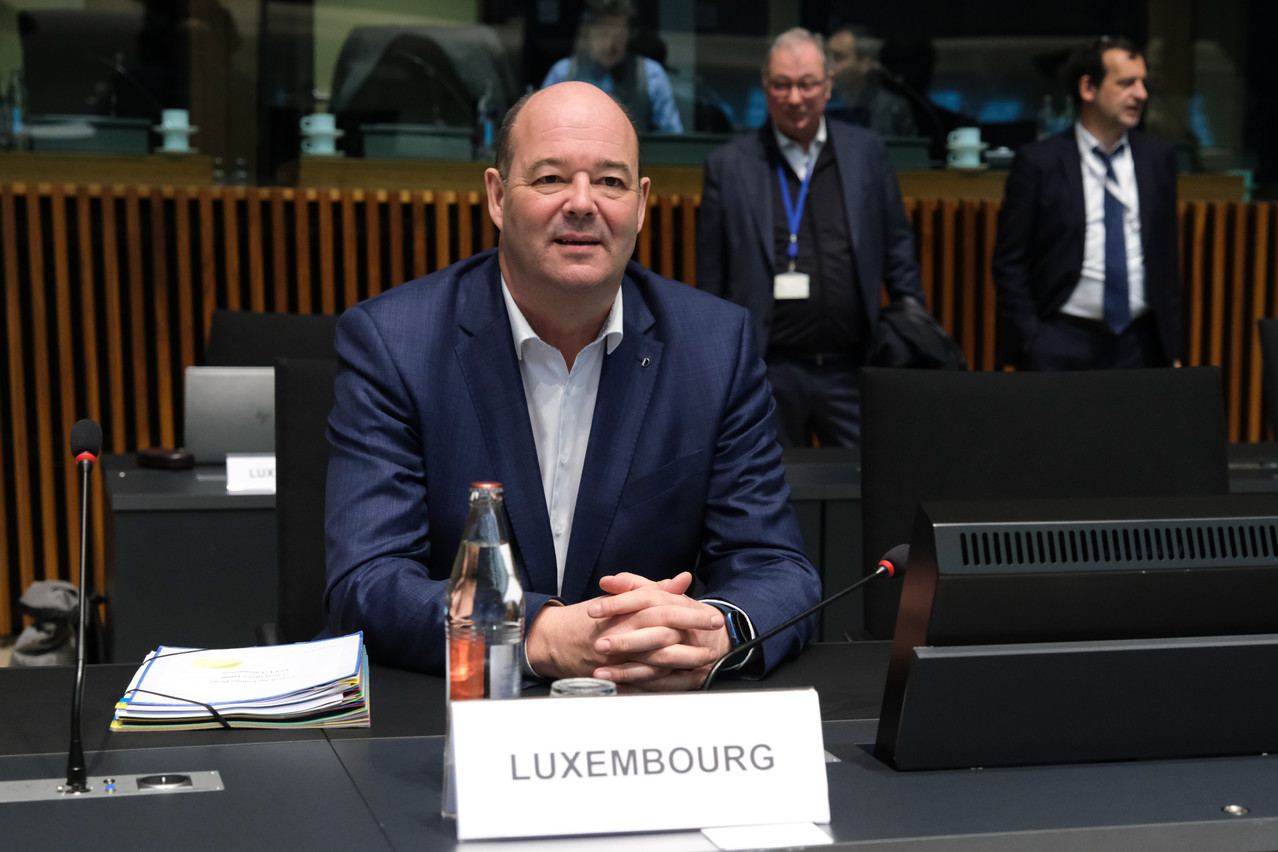Luxembourg from 1 January 2021 had withdrawn market authorisation for products containing glyphosate. This included eight pesticides by the company Bayer, which had argued that “it is not lawful for Luxembourg to unilaterally establish a general ban” as the substances were approved for use in the EU.
An administrative court on 15 July 2022 cancelled the government’s ban. And it on 30 March after the government had filed an appeal.
“I want to make a warm appeal to the whole sector--farmers, vintners and people producing fruits and vegetables--not to use glyphosate. It worked the last two years without,” said (LSAP) during a press conference, adding: “We all know how fragile our environment is.”
The government already in 2018 had announced that it would move ahead with a ban, giving farmers an opportunity to sign up for subsidies to stop using the weed killer and replace it with other technology. It also set up test fields to find alternatives to glyphosate, including machinery to pluck weeds or organic pesticides.
The subsidies were stopped once the ban came into place. “We shouldn’t subsidise something that’s banned,” said the minister. “It’s for the protection of everyone.”
A year before the ban came into effect, around half of Luxembourg’s farmers had signed up to receive the subsidy with the entire winemaking sector pledging to stop using it. Food production and safety had not been negatively impacted by glyphosate no longer being used, said Haagen.
Before the ban, around 13.6 tonnes of the pesticide were used by Luxembourg agriculture alone. Companies, such as the CFL national rail service, also used glyphosate.
EU ban up for discussion
An EU-wide ban of the chemical is possibly underway. It was last re-approved for use in 2017 and was set to be phased out by December 2022. However, a European Food Safety Authority risk-assessment--anticipated for September last year--isn’t expected before July.
Its conclusions will be key to a decision by the European Commission on whether to re-approve the herbicide again. The current authorisation expires at the end of 2023.
The European Parliament in 2017 had voted in support of a ban.
“We will do everything so that glyphosate is banned at EU level,” Haagen said on Friday. “It’s time to take this decision.”
The pending EU ban is all the more reason for farmers in Luxembourg not to start using the chemical again, the minister added.
Rules to protect water
The World Health Organization has classified glyphosate as “probably carcinogenic to humans.” It is also known to pose health risks to fish, birds and insects and can have adverse effects on biodiversity.
In response to the court verdict, Luxembourg has issued new regulation to protect drinking water sources and implementing a ban on the use of the substance near protected zones. It will also soon issue new rules on the sale, purchase and storage of pesticides.
The 30 March court verdict had argued that Luxembourg had not presented specific evidence to support a ban. “We will commission a study with a research institute,” said Haagen, which will assess the environmental impact the ban has had. Further decisions will be based on the results of the study, he said.
Luxembourg has a target to increase the share of organic farms to 20% by 2025, up from just 4% in 2020. Under an EU strategy, it also plans to reduce the use of chemical pesticides by 50% by 2030. A 26% reduction of the most hazardous pesticides was achieved by 2020-21, with an intermediate goal of 30% by 2025.
However, these targets include the ban of glyphosate and if it is used again, this could negatively impact the progress so far, Haagen said.
Should be the EU not be able to agree on a ban, he said the European Commission would be in no position to impose reduction targets on members states as it must also give countries the means of being able to achieve them.
